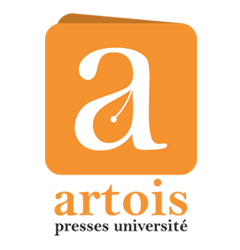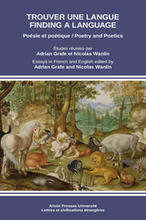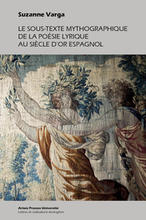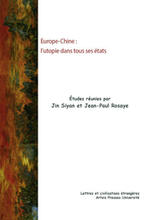Adrian Grafe et Nicolas Wanlin
Parution :Novembre 2019
ISBN :978-2-84832-356-5
Dimensions :16x24 cm, 272 pages
Prix :22 €
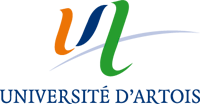
Artois Presses Université > Revues et collections > Lettres et civilisations étrangères > Trouver une langue / Finding a language. Poésie et poétique / Poetry and Poetics
Trouver une langue / Finding a language. Poésie et poétique / Poetry and Poetics
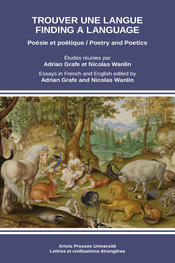
Selon Arthur Rimbaud, la mission du poète est de « trouver une langue ». La poésie est ainsi le laboratoire d’une langue. Mais se définit-elle contre le langage courant ou comme la révélation de ce langage ? « Trouver », est-ce hériter de ce qui s’est décanté dans la langue à travers les siècles ou inventer de l’inouï ?
Et que fait la poésie à la langue nationale, locale, traduite, coloniale ou métissée dont elle se sert ? Comment cette langue poétique travaille-t-elle la langue de l’intérieur ?
Rimbaud asserted that the poet’s mission was to “find a language”. Poetry is a kind of laboratory of fully modern language: the poet “would define the degree of newness awakening in his lifetime in the universal soul”. Rimbaud thus thrusts the poet’s work towards some utopian horizon, since “the time of a universal language will come!” (letter to Paul Demeny, 15th May 1871). Mallarmé considers language as the inheritance of the mysteries of times gone by and sees the poet as “purifying the dialect of the tribe”. Are we then to understand that poetry irremediably turns its back on current language or rather that it manifests the truth of such language?
